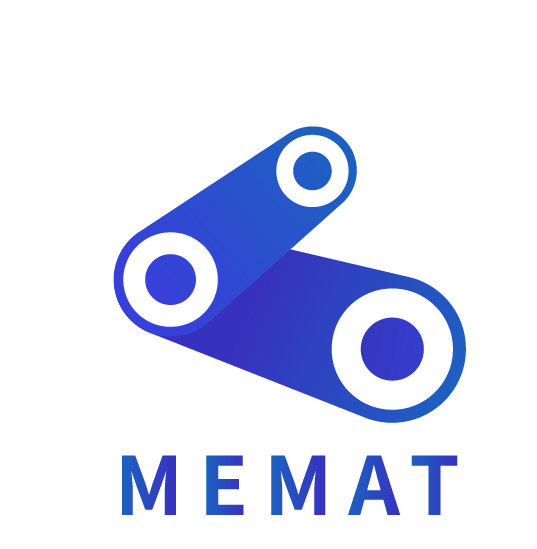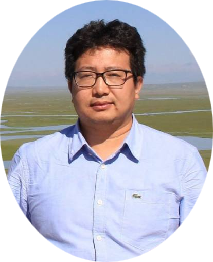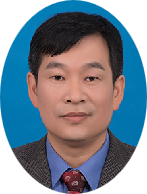
Speakers
| Prof. Shubin Yan, Zhejiang University of Water Resources and Electric Power, ChinaShubin Yan is currently the Associate Dean of the School of Electrical Engineering at Zhejiang University of Water Resources and Electric Power, and the Director of the Zhejiang-Belarus "Belt and Road Joint Laboratory on Intelligent Equipment and Systems for Hydropower Safety Monitoring." His research mainly focuses on micro-nano optical quantum sensing, micro-nanomanufacturing, and instrumentation science. Currently, his interests lie in quantum sensing, micro-nano processes, and the research of hydrogen sensors and detection systems based on MEMS technology, contributing to the national clean energy and "carbon peak, carbon neutrality" energy strategies. In recent years, he has published over 200 academic papers in both domestic and international journals such as Applied Physics Letters, Physical Review A, Optics Express, Scientific Reports, Applied Physics B, Optics Communication, and Chinese Physics B, with more than 100 papers indexed by SCI/EI. He has been granted 66 national invention patents, achieved 15 technology transfers, co-authored 1 academic monograph (Science Press), and edited 2 textbooks (China Chemical Industry Press). He has received the Second Prize in Natural Sciences of Shanxi Province (2022) and the Third Prize of Technological Invention of Shanxi Province. He has led 6 projects funded by the National Natural Science Foundation of China (NSFC) and over 20 provincial and ministerial-level projects. Additionally, as the head of sub-projects, he has led 1 National Key Research and Development Program of the Ministry of Science and Technology. He has participated in 4 preliminary research projects of the National 973 Program and 5 projects of the NSFC, along with over 20 other provincial and ministerial-level projects. |
Prof. Yunqing Rao, Huazhong University of Science and Technology, ChinaYunqing Rao graduated with a Bachelor's degree in Mechanical Manufacturing from Huazhong University of Science and Technology (formerly Huazhong Institute of Technology) in 1989. After obtaining a Master's degree in Mechanical Manufacturing from the same university in 1992, he remained there as a faculty member. In 1999, he earned a Ph.D. in Mechanical Manufacturing and Automation from the same institution. Supported by the Hong Kong Chiang's Foundation, he received training in Industrial Production Management at RWTH Aachen University in Germany in 2001. In 2002, he was exceptionally promoted to Professor. From 2004 to 2005, he was a visiting scholar at the Department of Engineering Science at the University of Oxford, sponsored by the Chinese government. He served as the Deputy Director of the State Key Laboratory of Digital Manufacturing Equipment and Technology (now the National Key Laboratory of Intelligent Manufacturing Equipment and Technology) from 2006 to 2013. Currently, he is a Level 2 Professor and Ph.D. advisor at the School of Mechanical Science and Engineering, Huazhong University of Science and Technology. He has long been engaged in scientific research and application development in fields such as intelligent optimization, digital manufacturing, and intelligent manufacturing. He has led and participated in numerous major projects, including the National Basic Research Program of China (973 Program), the National Key R&D Program, the National Natural Science Foundation of China, the 863 Program, major national scientific and technological projects, and special projects on intelligent manufacturing by the Ministry of Industry and Information Technology. He holds 15 national invention patents and 30 software copyrights. He has published five academic monographs in both Chinese and English, co-authored two textbooks, and published over 200 academic papers, with more than 100 indexed by SCI/EI. Rao emphasizes the integration of theoretical research and practical application. As a key contributor, he participated in the development of an optimization platform for mass mixed-flow production processes and an MES system that has been successfully applied in industries such as automotive. He also led the development of an operational optimization and production control platform for heavy equipment manufacturing workshops, as well as a highly efficient CNC cutting CAM technology and complete software system, which have been successfully applied in sectors such as engineering machinery, heavy machinery, energy equipment, and heavy steel structures, generating significant social and economic benefits. He has been awarded one second prize for National Science and Technology Progress and two first prizes for provincial and ministerial-level Scientific and Technological Progress. |
|

